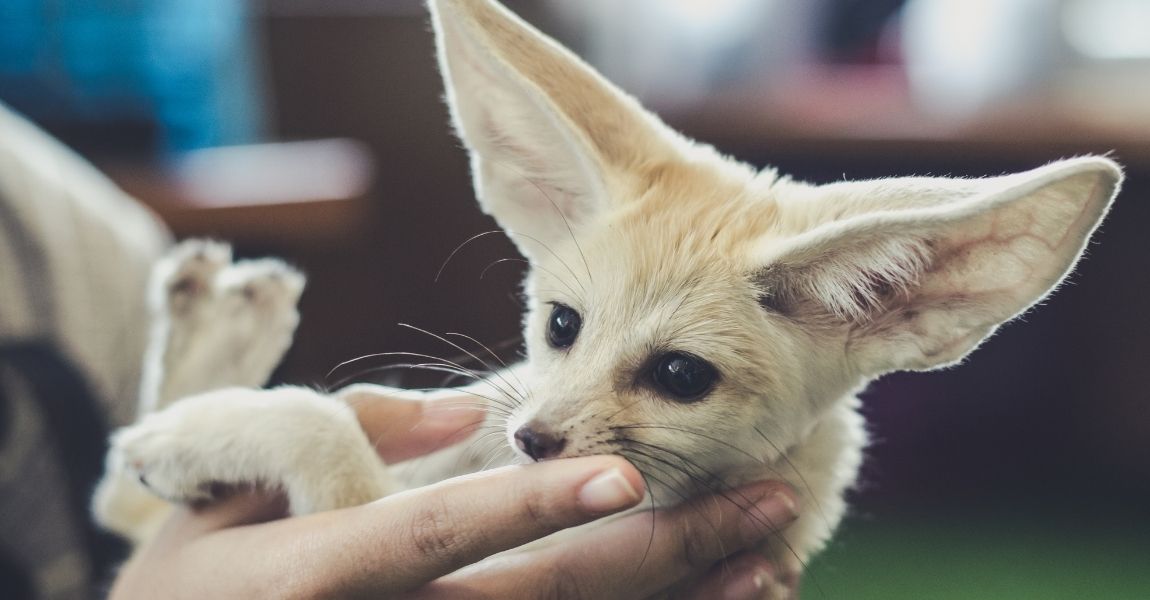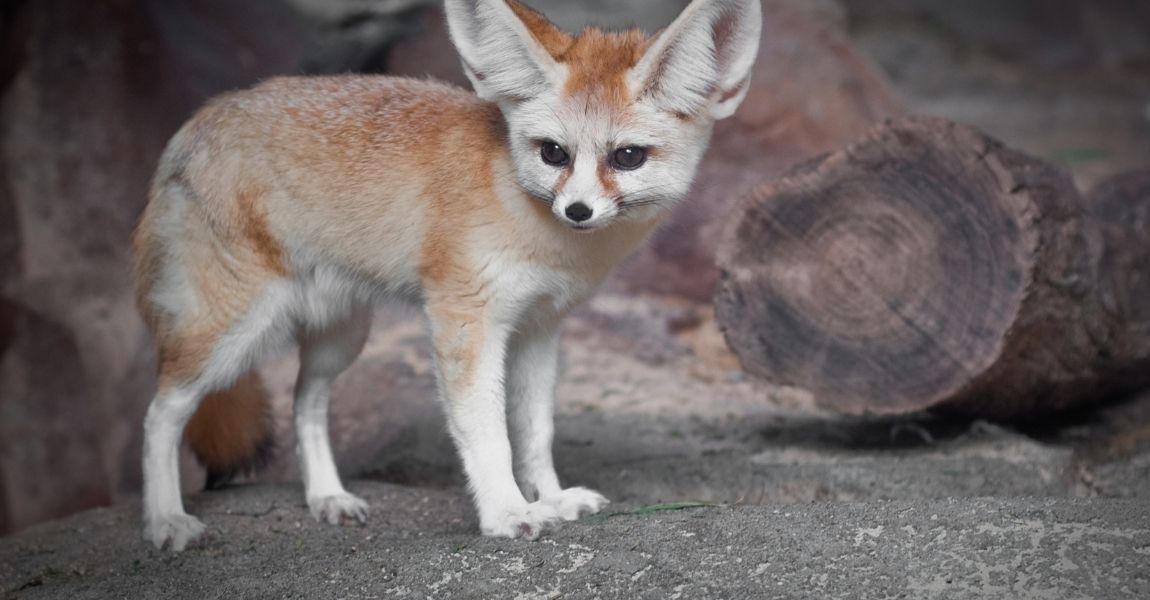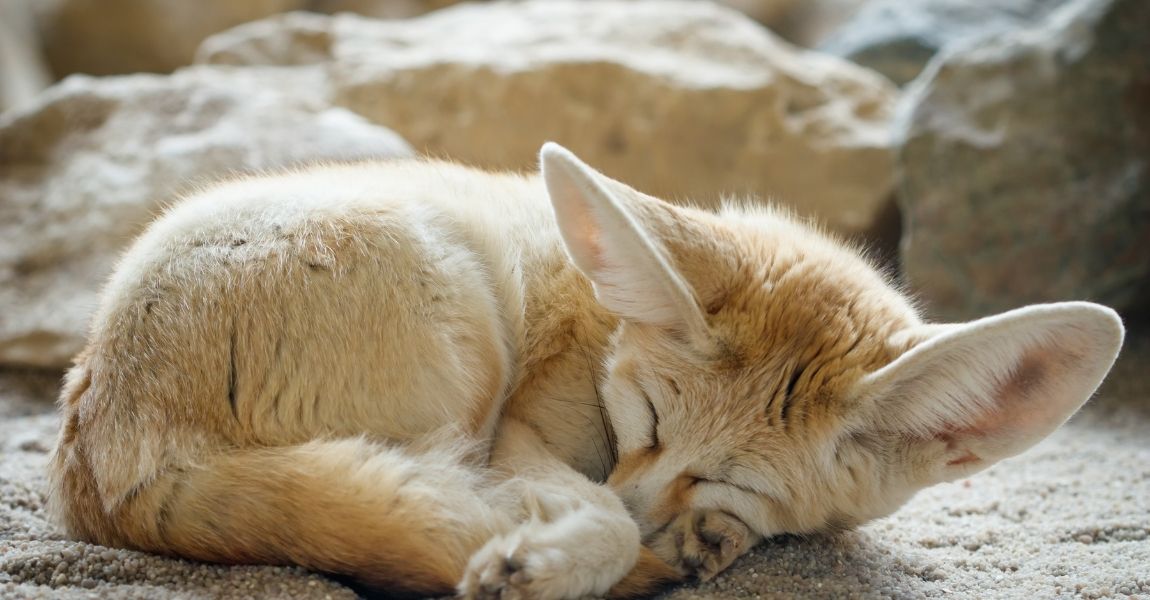Introduction:
Adopting a fennec fox as a pet can be an exciting and rewarding experience. However, it's essential to thoroughly understand the needs and responsibilities associated with owning these unique creatures before making a decision. In this article, we will explore several key considerations to help you make an informed choice and provide the best possible care for a pet fennec fox.
Legal Considerations:
Before adopting a fennec fox, it is crucial to research and understand the legalities surrounding their ownership. Fennec foxes are exotic animals, and laws regarding their ownership can vary widely depending on your location. Ensure that it is legal to own a fennec fox as a pet in your area and obtain any necessary permits or licenses required.
Space Requirements:
Fennec foxes may be small in size, but they require ample space to thrive. These active and curious creatures need a large enclosure that provides both indoor and outdoor areas for exercise and exploration. The enclosure should be secure, escape-proof, and have plenty of opportunities for climbing, digging, and hiding.
Environmental Needs:
Fennec foxes are native to desert regions, so their environmental needs must be met to ensure their well-being. They require a warm and dry climate with temperature-controlled environments. It's important to provide appropriate heating and cooling systems, as well as adequate ventilation, to maintain their comfort and prevent heat stress or hypothermia.
Time and Attention:
Owning a fennec fox requires a significant commitment of time and attention. These social animals need regular interaction and mental stimulation to prevent boredom and destructive behavior. Plan to spend several hours each day engaging with your fox through playtime, training sessions, and providing opportunities for exploration.
Diet and Nutrition:
Fennec foxes have specific dietary needs that must be met to maintain their health. Their diet should consist of a balanced mix of high-quality commercial fox food, fresh fruits, vegetables, and occasional protein sources like insects or small rodents. Consult with a veterinarian or experienced exotic animal nutritionist to ensure you are providing a nutritionally appropriate diet.
Veterinary Care:
Finding a veterinarian experienced in exotic animal care is crucial for the well-being of your fennec fox. Regular check-ups, vaccinations, and preventative care are essential to keep them healthy. Be prepared for potential medical expenses and ensure you have access to a qualified veterinarian who can provide appropriate care when needed.
Socialization and Enrichment:
Fennec foxes are social animals that require proper socialization and mental stimulation. They thrive in the company of their human caregivers and benefit from interaction with other compatible animals. Regular socialization, supervised playdates, and exposure to different environments and stimuli are essential for their well-being.
Long-Term Commitment:
Fennec foxes have an average lifespan of 10 to 15 years in captivity, but they can live even longer with proper care. Adopting a fennec fox should be viewed as a long-term commitment, so consider your ability to provide care and attention throughout their lifespan. Ensure you have a plan in place for their care in case of unexpected life events or emergencies.
Conclusion:
Adopting a fennec fox as a pet can be a rewarding experience, but it comes with significant responsibilities. Understanding and considering the legalities, space requirements, environmental needs, time commitment, dietary considerations, veterinary care, socialization, and long-term commitment are essential before bringing a fennec fox into your home. By thoroughly evaluating these factors, you can ensure that you provide a suitable and enriching environment for a pet fennec fox and enjoy a fulfilling companionship with these fascinating creatures.





